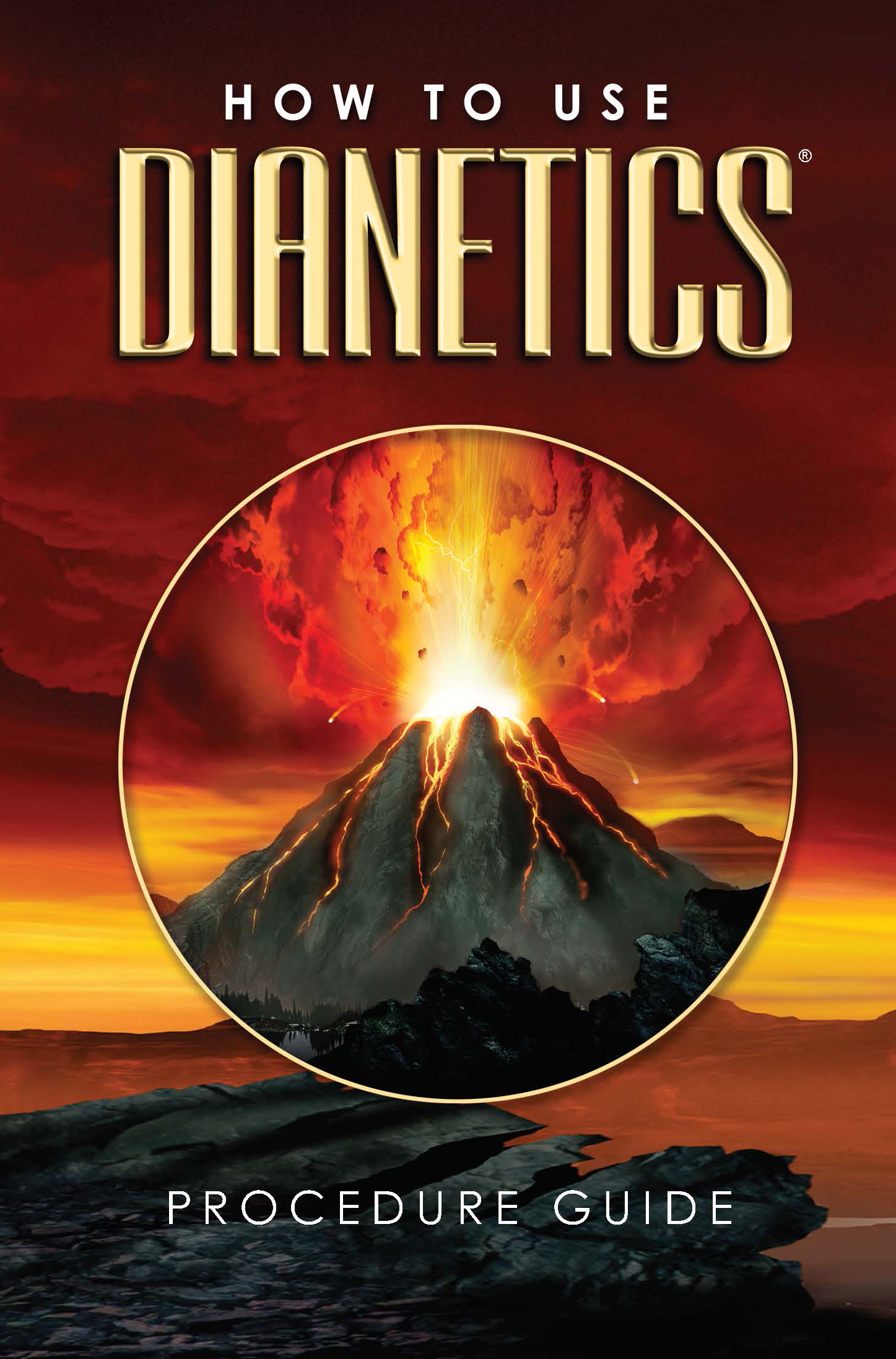The smart Trick of Dianetics That Nobody is Talking About
The smart Trick of Dianetics That Nobody is Talking About
Blog Article
10 Easy Facts About Dianetics Described
Table of ContentsNot known Factual Statements About Dianetics Not known Factual Statements About Dianetics What Does Dianetics Do?A Biased View of Dianetics
I could not ever before not wish to receive anything that comes to mind for you- if it was otherwise, I wouldn't be sitting below with you, doing this. I not only could never ever have an issue, or not want to hear something that enters your mind for you, but I'm totally excited to know every idea, every idea, every picture or sensation that arises or manifests for you- do not ever believe otherwise, and if for one reason or another you do, please simply let me know! Often, you may have an idea, and photo, idea or event pop up that does not appear to answer the inquiry, or connect to it, but however, constantly do inform me regarding it, and as we continue, the relevance will arise for you.This is intrinsic in the basis of handling, and the topic of this conversation: the standard functions of the therapist and the client: The basic duty of the counselor is, in contrast to "typical training", not to manage, which means to apply and/or hinder, yet to rather function from the basis of EMPOWERING THE CUSTOMER.

Dianetics - Questions
John Mcmasters shared this basic fact splendidly well in one of his talks on Power processing, in which he explains how he was asked what this "special flair" was that he had for providing such wonderful sessions; he had to assume concerning that for a minute, and detected that it was what he wasn't doing, in addition to what he was doing: he had not been reviewing, judging, computer, or actually, producing any kind of thoughts, allow alone verbal expressions, after providing the command and while waiting on the computer to complete their solution to their contentment; he was, simply and just, being present with the PC, and completely interested.
The duty of the counselor, showed; that was his "unique propensity". I have had my own experience which instructed me view website this well, extremely at an early stage in the game. In 1982, having recently completed my training and teaching fellowship on New Era Dianetics, I was running this on a PC, and there was a factor in the session where (being a little bit damp behind the ears not yet having numerous hours under my belt as a specialist auditor) the computer seemed to be "taking also long" to share anything verbally after I offered him a command.
This trick became the most important contribution that John ever before made to the topic of therapy or auditing (Dianetics). In my simple point of view, it is the best contribution that any person has actually ever before made to these subjectsthe application is completely non-judgemental, non-evaluative, and lacking any kind of pointer, guidance or opinion.no preconceived schedule for individuals, or 'degrees' that they must do
In this article Idenics, the only resource of info about a client is the individual client. In Scientology we prided ourselves on not examining for people. All that actually suggested was that the auditor did not Vocally review for the PC in session. The registrars and principles policemans assessed for the computer.
The 10-Minute Rule for Dianetics

Any person who had actually ever before seen John audit might not assist however discover a special quality in his auditing."The client's basic function is to be there with the purpose of relocating the direction of their spiritual objectives, and to easily and totally share and experience whatever materializes for them in answering the concerns and carrying out the directions in the handling.
This is something to process as needed. But likewise, people frequently have previous experience and/or index brainwashing in auditing/processing which, somehow, and to some levels, really misinforms them right into perspectives, concepts and habits patterns that protect against the full understanding of these duties, therefore they will certainly tend to prevent the expressing of what enters your mind, as in the instances provided above. * The initial, and possibly leading instances of mis-indoctrination resulting in much less than entirely smooth and reliable sessions, can be found in specific elements of the training regimens, or "TR's":"TR's" are typically an individual's initial, or at the very least early, experience in Scientology, and while I will certainly go on to describe what I view as the defects in idea and method, nevertheless, often tend to be substantially therapeutic, done as they are provided (Hubbard insists that "TR's are not processing, they are educating", however factually, they are both handling AND training)
There is no "failing", and no rejection of the truth of this being handling. The emphasis, as it must be, is on experiencing the other person's existence.
The smart Trick of Dianetics That Nobody is Discussing

Report this page